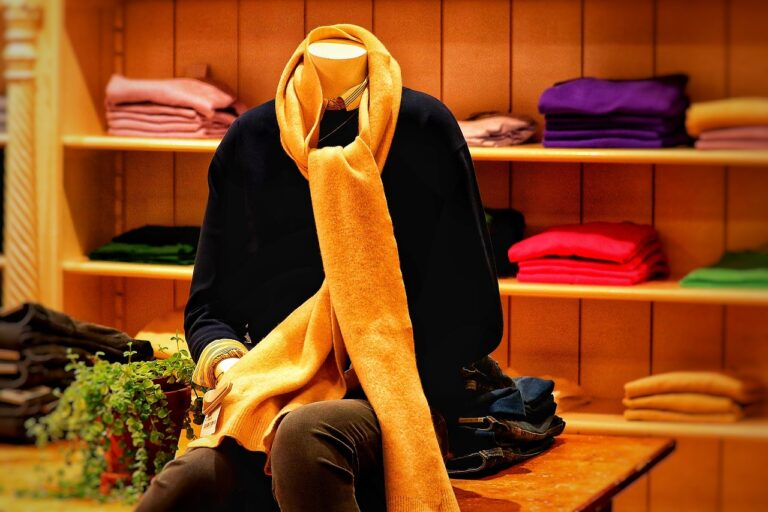Fashion and Sustainable Fashion Education: Teaching Sustainability in Fashion Schools and Programs
Sustainability in the fashion industry is no longer just a trend but a necessity. With environmental concerns on the rise, consumers are becoming more conscious of the impact their fashion choices have on the planet. Brands that prioritize sustainability not only appeal to this growing consumer base but also contribute to a more ethical and eco-friendly industry.
By implementing sustainable practices, fashion companies can reduce their carbon footprint, minimize waste, and promote ethical labor practices. This shift towards sustainability is not only beneficial for the environment but also lends itself to fostering innovation and creativity within the industry. As more brands embrace sustainable initiatives, the fashion industry as a whole moves towards a more responsible and transparent future.
Sustainability in the fashion industry is no longer just a trend but a necessity.
Consumers are becoming more conscious of the impact their fashion choices have on the planet.
Brands that prioritize sustainability appeal to a growing consumer base and contribute to a more ethical and eco-friendly industry.
Implementing sustainable practices can reduce carbon footprint, minimize waste, and promote ethical labor practices.
The shift towards sustainability fosters innovation and creativity within the industry.
Embracing sustainable initiatives leads the fashion industry towards a more responsible and transparent future.
Challenges in Integrating Sustainability into Fashion Education
Fashion education faces significant challenges in integrating sustainability into its curriculum. One of the main hurdles is the traditional nature of the industry, where fast fashion and mass production have dominated the market for decades. This deep-rooted mindset places value on trend-driven fashion rather than sustainable practices, making it difficult for educators to shift the focus towards environmental and ethical considerations.
Moreover, limited resources and support from the industry itself hinder the progress of sustainability in fashion education. Many fashion schools struggle to access sustainable materials and technologies, as well as to establish partnerships with eco-friendly brands and organizations. Without these essential resources and collaborations, students may not have the necessary exposure and experience to fully grasp the importance of sustainability in their future careers.
Implementing Sustainable Practices in Fashion Schools
Fashion schools play a crucial role in shaping the future of the fashion industry by educating the next generation of designers, merchandisers, and professionals. In recent years, there has been a growing emphasis on integrating sustainable practices into the curriculum to instill eco-conscious values and practices in students.
One effective method of implementing sustainable practices in fashion schools is by incorporating modules and courses dedicated to sustainability in the fashion industry. By teaching students about the environmental and social impact of fashion production processes, materials, and consumption patterns, schools can empower future industry leaders to make informed decisions that prioritize sustainability.
Why is sustainability important in the fashion industry?
Sustainability is important in the fashion industry because it directly impacts the environment, society, and economy. By implementing sustainable practices, fashion brands can reduce their carbon footprint, minimize waste, and promote ethical labor practices.
What are some challenges in integrating sustainability into fashion education?
Some challenges in integrating sustainability into fashion education include lack of awareness, resistance to change, limited resources, and outdated curriculum. It requires a shift in mindset and a commitment to incorporating sustainable practices into every aspect of fashion education.
How can fashion schools implement sustainable practices?
Fashion schools can implement sustainable practices by incorporating courses on sustainability, organizing workshops and events focused on sustainable fashion, encouraging students to use eco-friendly materials, and partnering with sustainable fashion brands for internships and collaborations. It is important for fashion schools to lead by example and demonstrate the importance of sustainability in the industry.







